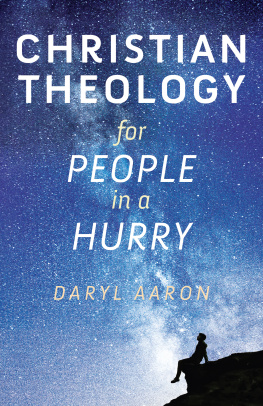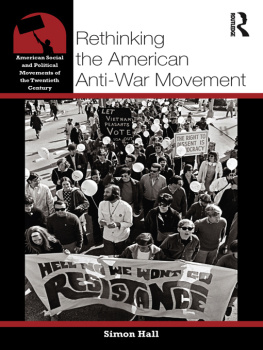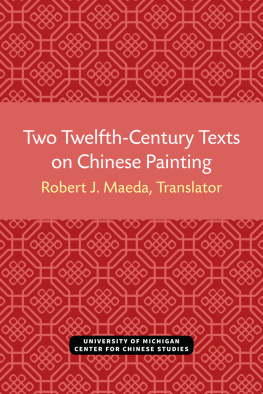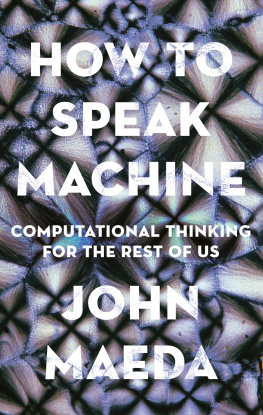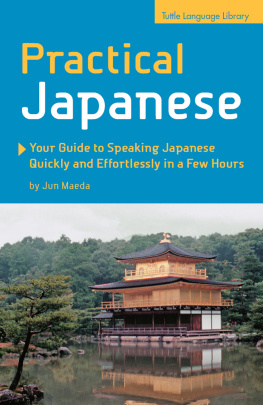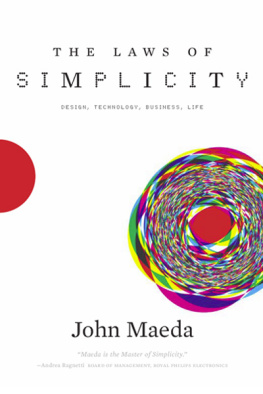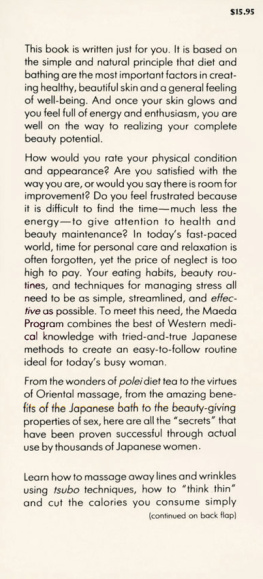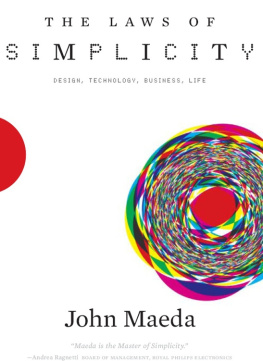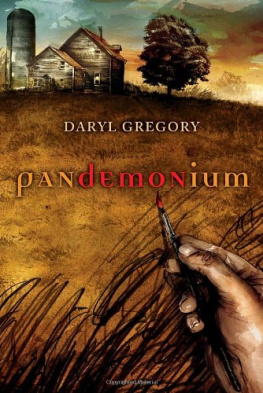
RETHINKING THE ASIAN AMERICAN MOVEMENT
Although it is one of the least-known social movements of the 1960s and 1970s, the Asian American movement drew upon some of the most powerful currents of the era, and had a wide-ranging impact on the political landscape of Asian America, and more generally, the United States. Using the racial discourse of the Black Power and other movements, as well as anti-war activist and the global decolonization movements, the Asian American movement succeeded in creating a multiethnic alliance of Asians in the United States and gave them a voice in their own destinies.
Rethinking the Asian American Movement provides a short, accessible overview of this important social and political movement, highlighting key events and key figures, the movements strengths and weaknesses, how it intersected with other social and political movements of the time, and its lasting effect on the country. It is perfect for anyone wanting to obtain an introduction to the Asian American movement of the twentieth century.
Daryl Joji Maeda is Associate Professor of Ethnic Studies at the University of Colorado, Boulder, USA.
American Social and Political Movements of the Twentieth Century
Series Editor: Heather Ann Thompson
Rethinking the American Anti-War Movement
By Simon Hall
Rethinking the Asian American Movement
By Daryl Joji Maeda
RETHINKING THE ASIAN AMERICAN MOVEMENT
Daryl Joji Maeda
First published 2012
by Routledge
711 Third Avenue, New York, NY 10017
Simultaneously published in the UK
by Routledge
2 Park Square, Milton Park, Abingdon, Oxon OX14 4RN
Routledge is an imprint of the Taylor & Francis Group, an informa business
2012 Taylor & Francis
The right of Daryl Joji Maeda to be identified as the author of this work has been asserted in accordance with sections 77 and 78 of the Copyright, Designs and Patents Act 1988.
All rights reserved. No part of this book may be reprinted or reproduced or utilized in any form or by any electronic, mechanical, or other means, now known or hereafter invented, including photocopying and recording, or in any information storage or retrieval system, without permission in writing from the publishers.
Trademark notice: Product or corporate names may be trademarks or registered trademarks, and are used only for identification and explanation without intent to infringe.
Library of Congress Cataloging in Publication Data
Maeda, Daryl J.
Rethinking the Asian American movement / by Daryl Joji Maeda.
p. cm.
Includes bibliographical references and index.
1. Asian Americans--Politics and government--20th century. 2. Asian
Americans--Social conditions--20th century. 3. United States--Race
relations--History--20th century. 4. United States--Social conditions--20th
century. I. Title.
E184.A75M343 2011
305.895073--dc23
2011040233
ISBN: 978-0-415-80081-5 (hbk)
ISBN: 978-0-415-80082-2 (pbk)
ISBN: 978-0-203-35748-4 (ebk)
Printed and bound in the Walsworth Publishing Company, Marceline, Mo.
SERIES EDITORS INTRODUCTION
Welcome to the American Social and Political Movements of the 20th Century series at Routledge. This collection of works by top historians from around the nation and world introduces students to the myriad movements that came together in the United States during the twentieth century to expand democracy, to reshape the political economy, and to increase social justice.
Each book in this series explores a particular movements origins, its central goals, its leading as well as grassroots figures, its actions as well as its ideas, and its most important accomplishments as well as serious missteps.
With this series of concise yet synthetic overviews and reassessments, students not only will gain a richer understanding of the many human rights and civil liberties that they take for granted today, but they will also newly appreciate how recent, how deeply contested, and thus how inherently fragile, are these same elements of American citizenship.
Heather Ann Thompson
Temple University
ACKNOWLEDGEMENTS
This book, which attempts to reinterpret a multifarious social movement, has been shaped by conversations, discussions, debates, and arguments with many people. Throughout the process of conceptualizing and writing it, I have been privileged to share ideas about Asian American activism, interracialism, and internationalism in personal exchanges, at conferences and symposia, and/or by exchanging papers with many who have helped to shape my thinking: among others, Sylvia Chan-Malik, John Cheng, Sylvia Chong, May Fu, Estella Habal, Moon-Ho Jung, Ben Kobashigawa, Lon Kurashige, Scott Kurashige, Karen Leong, Laura Pulido, Greg Robinson, Seema Sohi, Wesley Ueunten, Linda Vo, William Wei, Judy Wu, Caroline Yang, and Lisa Yun. Diane Fujino has been especially influential and helpful: her meticulous biographies of Yuri Kochiyama and Richard Aoki (forthcoming) are inspiring works that show how to bind together discrepant histories of Asian American and black activism, her historiography of the Asian American movement laid out the field in which this book is planted, and her generously offered, stringent, yet constructive criticism on major parts of this manuscript enriched it greatly. Nancy Araki and Allyson Nakamoto of the Japanese American National Museum were supportive, especially as I was finishing my first book and embarking on the formative stages of this project. I am especially indebted to Richard Katsuda, Kathy Nishimoto Masaoka, Mark Masaoka, Jim Matsuoka, Mike Murase, Erich Nakano, Alan Nishio, Dean Toji, Bill Watanabe, and Evelyn Yoshimura for allowing me to interview them about the housing struggle in Little Tokyo. Their reminiscences and analyses of nationalism and internationalism helped me to conceptualize larger parts of the manuscript as well. Though this book is a communal production, I accept all errors as my personal property.
My editor at Routledge, Kimberly Guinta, has been enthusiastic and patient in appropriate measures, and always helpful and utterly professional, and series editor
Heather Thompson has provided an inspiring intellectual vision of how to frame the movements of the 1960s and 1970s. Many thanks to my friends and colleagues at the University of Colorado at Boulder, who have provided intellectual community, political camaraderie, and sustenance of the soul. Being in a Department of Ethnic Studies reminds me constantly of the fruits of the struggles described in this book and of the necessity to continue those struggles. My students at CU Boulder especially in seminars on social movements of the 1970s and Asian American radicalismhave challenged my thinking in innumerable ways and for that they have my gratitude. Two special shout outs: the first goes to my friends and mentors at the College of Ethnic Studies at San Francisco State University, which is both a subject of this book and, as my alma mater, an inspiration. A second goes to the Blue Scholars, whose The Long March EP provided the soundtrack for the writing of this book: International District, rock rock on, indeed. Its my hope that this book, in some small way, will contribute to understanding the Asian American movement as an interracial and international district of its own.





